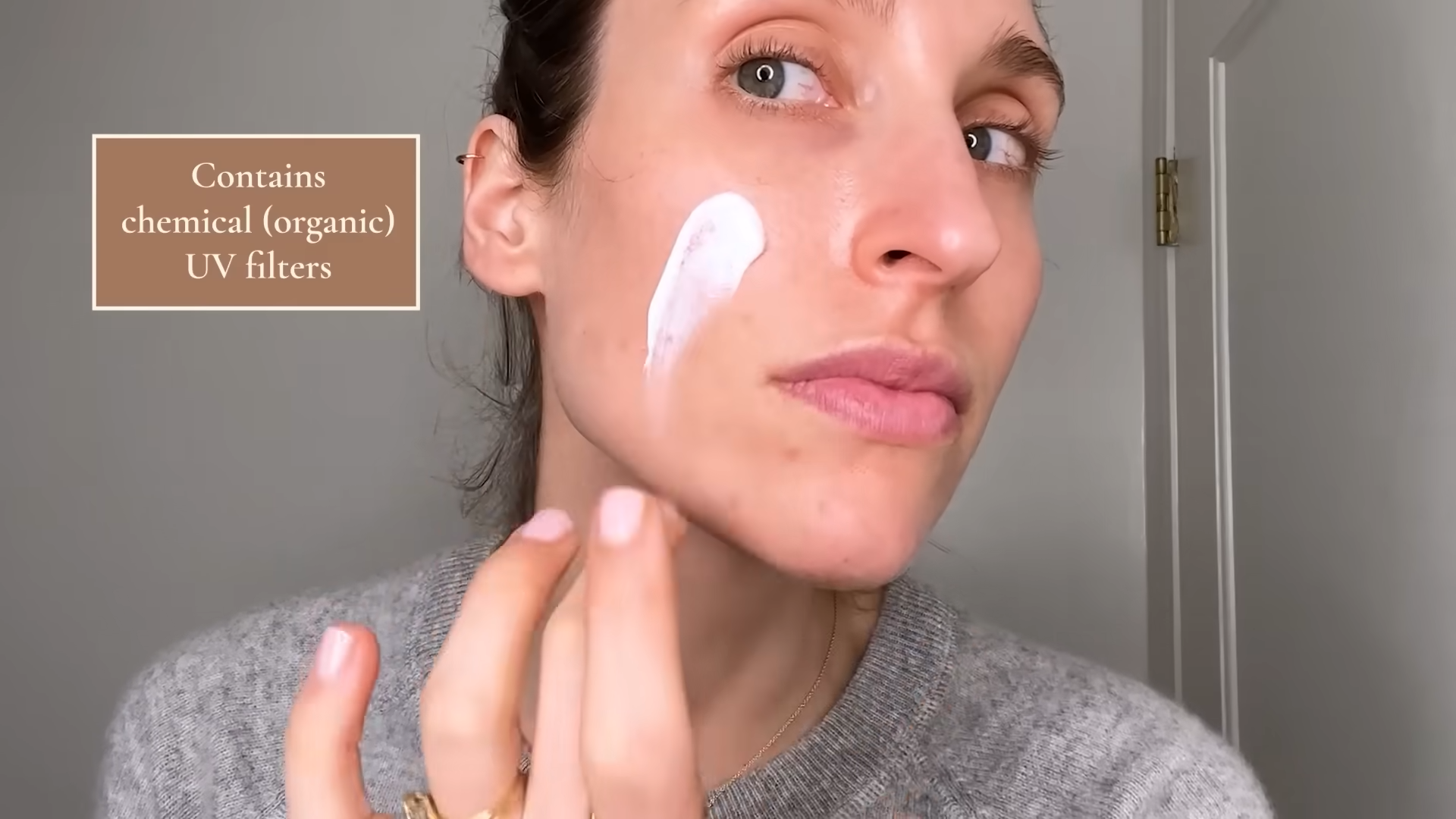Choosing the right sunscreen for oily skin can be a challenge, particularly when you need to avoid products that may clog your pores. For individuals with oily or acne-prone skin, it’s crucial to select a sunscreen that provides adequate protection without exacerbating skin issues. Opting for a sunscreen designed specifically for oily skin types ensures that your skin remains protected while avoiding the potential for breakouts or a greasy appearance. Understanding what features to look for in a sunscreen can make a significant difference in maintaining a healthy complexion.
When searching for the perfect sunscreen, focus on formulations that are labeled as non-comedogenic. These products are designed to prevent pore blockages, which can lead to acne and blackheads. Additionally, sunscreens with a gel-based or water-based formula often work well for oily skin types as they offer a lightweight feel. Choosing the right sunscreen can help keep your skin clear while ensuring that you are protected from harmful UV rays.
Types of Sunscreen Suitable for Oily Skin
For oily skin, sunscreens with gel-based or water-based formulas are often the best choices. Gel-based sunscreens are lightweight and quickly absorbed, preventing a greasy residue. They provide a matte finish that helps control excess oil production, making them ideal for those with oily skin. Water-based sunscreens, on the other hand, offer a hydrating yet non-greasy option that doesn’t contribute to pore clogging.
Another effective type is mineral sunscreen, which contains ingredients like zinc oxide and titanium dioxide. These sunscreens provide a physical barrier against UV rays and are less likely to clog pores compared to chemical sunscreens. They are often recommended for sensitive or acne-prone skin due to their gentle nature and non-comedogenic properties.
How to Choose the Right Sunscreen
When selecting sunscreen for oily skin, prioritize products labeled as “non-comedogenic” or “oil-free.” Non-comedogenic products are formulated to prevent pore clogging, reducing the likelihood of breakouts. Additionally, opt for sunscreens with a high SPF rating to ensure adequate protection from harmful UV rays.
Consider sunscreens with added mattifying agents that control shine and keep your skin looking fresh throughout the day. These ingredients help absorb excess oil and reduce the appearance of a greasy finish. Always test a small amount of sunscreen before applying it to your entire face to ensure it suits your skin type.
Key Ingredients to Look For
- Salicylic Acid: This ingredient helps exfoliate dead skin cells and prevent clogged pores, making it a great choice for oily skin. It also has anti-inflammatory properties that can reduce redness and irritation.
- Niacinamide: Known for its anti-inflammatory benefits, niacinamide can help reduce excess oil production and minimize pore appearance. It also strengthens the skin barrier, improving overall skin health.
Common Sunscreen Mistakes to Avoid
- Avoid Using Heavy Creams: Heavy, creamy sunscreens can exacerbate oiliness and contribute to clogged pores. Stick to lighter formulations that won’t leave a greasy residue.
- Neglecting to Reapply: Even if your sunscreen is oil-free, it’s essential to reapply it every two hours when exposed to the sun. This ensures continued protection and prevents sun damage.
Maintaining Clear and Protected Skin
Choosing the right sunscreen for oily skin involves selecting a product that won’t clog pores and exacerbate existing skin issues. Opt for gel-based, water-based, or mineral sunscreens that are labeled as non-comedogenic to maintain clear and protected skin. Avoid heavy creams and ensure proper reapplication to keep your skin healthy and shielded from UV damage. With the right choice, you can enjoy effective sun protection without compromising your skin’s appearance or health.








